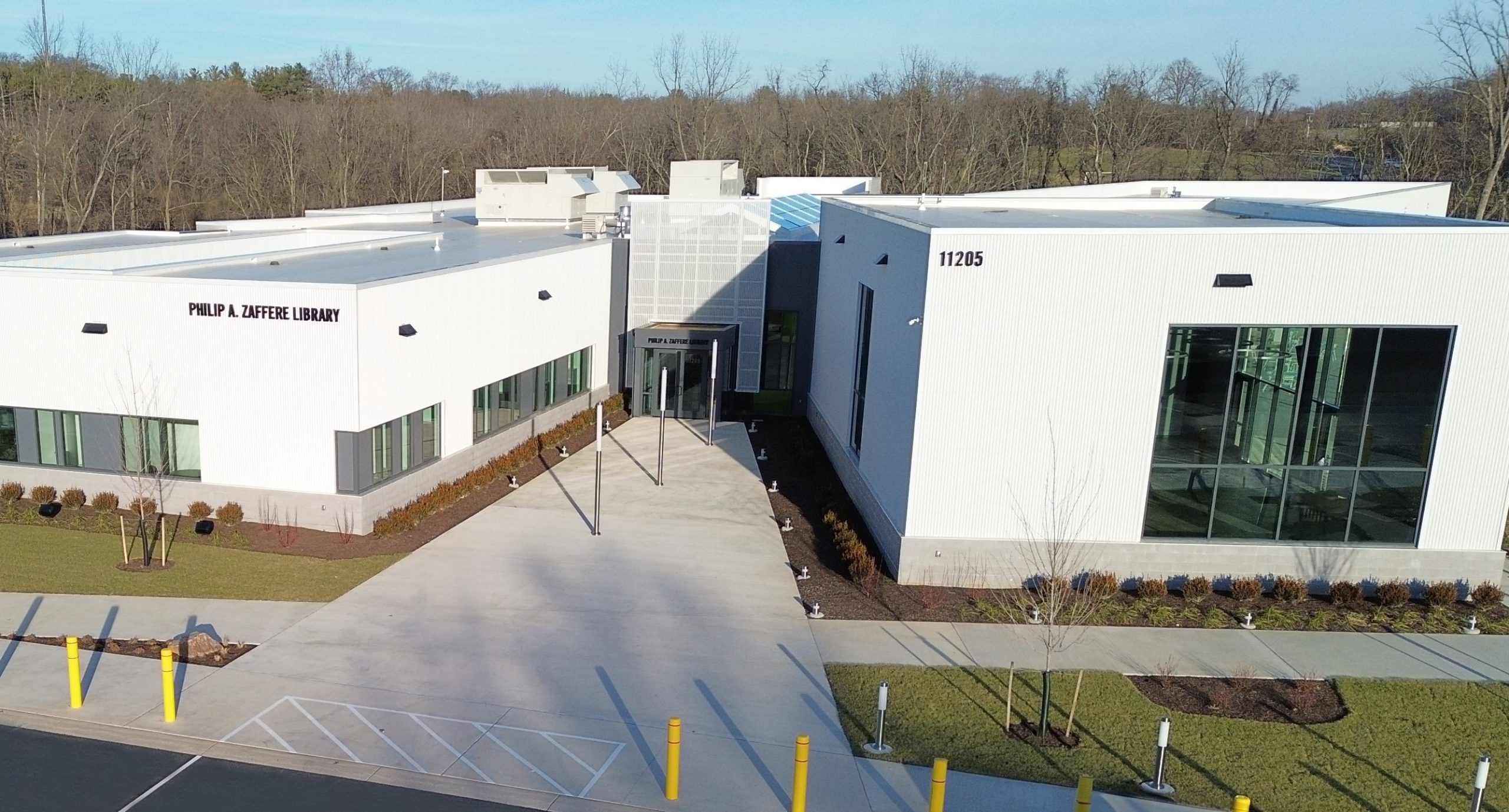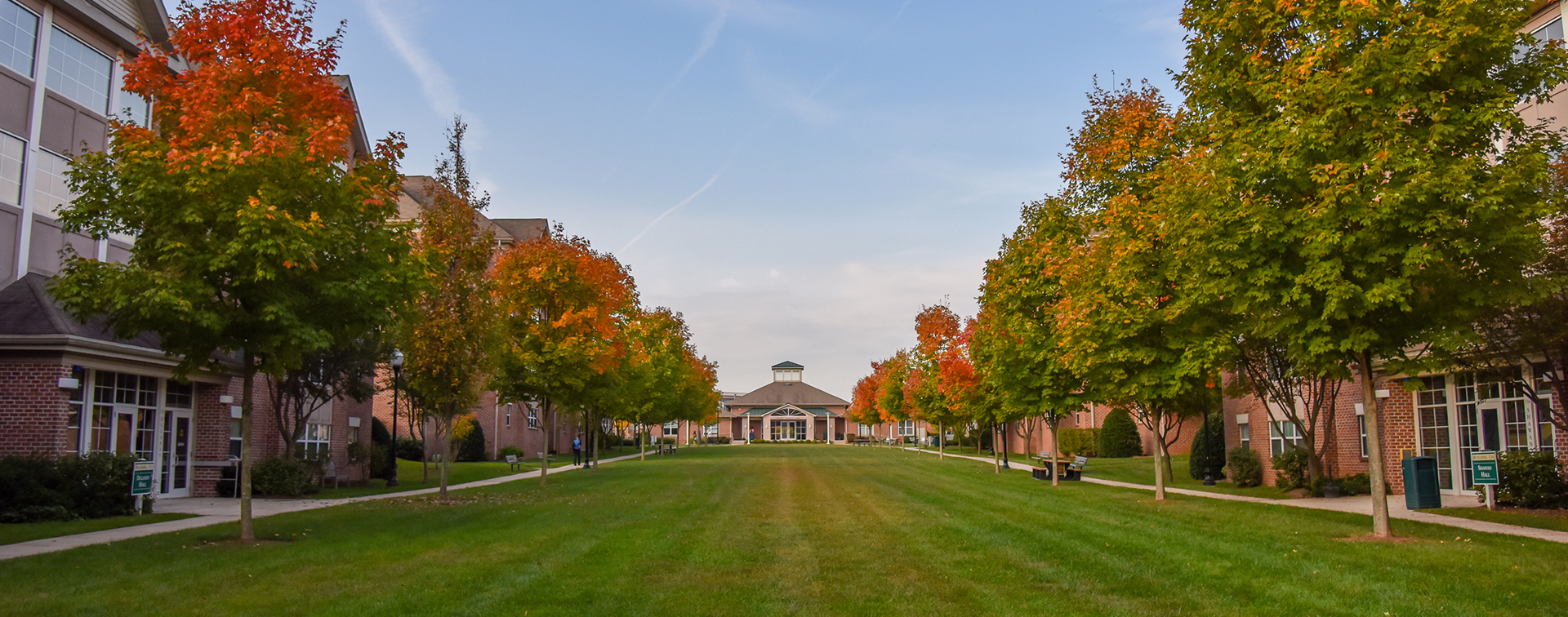Make your Growth Possible
The U.S. Department of Education’s office of Federal Student Aid provides approximately $112 billion in financial aid to help pay for college or career school each year.
Grant funding is based on student financial need and does not have to be repaid. Find out what you qualify for by completing your Free Application for Federal Student Aid (FAFSA).
Get Started with FAFSA
Complete your Free Application for Federal Student Aid (FAFSA) today to ensure your timely access to scholarships and aid that will cut the cost of your education.
Federal Grants
Federal grants are given to students after filing their Free Application for Federal Student Aid (FAFSA). All of the following programs require you to complete your FAFSA. Detailed program information is also available at studentaid.gov.
When completing your FAFSA, the IRS Data Retrieval Tool can be helpful. The IRS Data Retrieval Tool allows students and parents to pull tax information directly from the IRS database. The IRS Data Retrieval Tool should be used after tax returns for the previous year have been filed. For more information see the Financial Aid Application page or fafsa.gov.
Maryland State Grants & Scholarships
The Maryland Higher Education Commission (MHEC) sponsors numerous grant and scholarship programs for Maryland residents. The State of Maryland offers an online inquiry system that allows students to view the status of their financial aid application and/or award information. If you have an award from another state, be sure you follow their instructions to insure that you actually receive the funds. The programs available from the State of Maryland include:
Resources
All of the resources you need to apply for financial aid in one place.
Money Matters
The Office of Student Accounts is dedicated to assisting students with their account needs throughout their experience at Stevenson University.
Help for Online Graduate and Undergraduate Students
Our Financial Aid Office is always available to provide support as you explore your financial aid options.
Contact Financial Aid
Ready to talk about financial aid? Reach out to us!
Address
100 Campus Circle
Garrison Hall North Room 241
Owings Mills, MD 21117
Direct Contact
443-334-3200 (phone)
443-352-4370 (fax)
Email Financial Aid
Schedule an Appointment
Monday – Friday
9:00 AM – 3:30 PM
Meet with your Financial Aid Counselor






